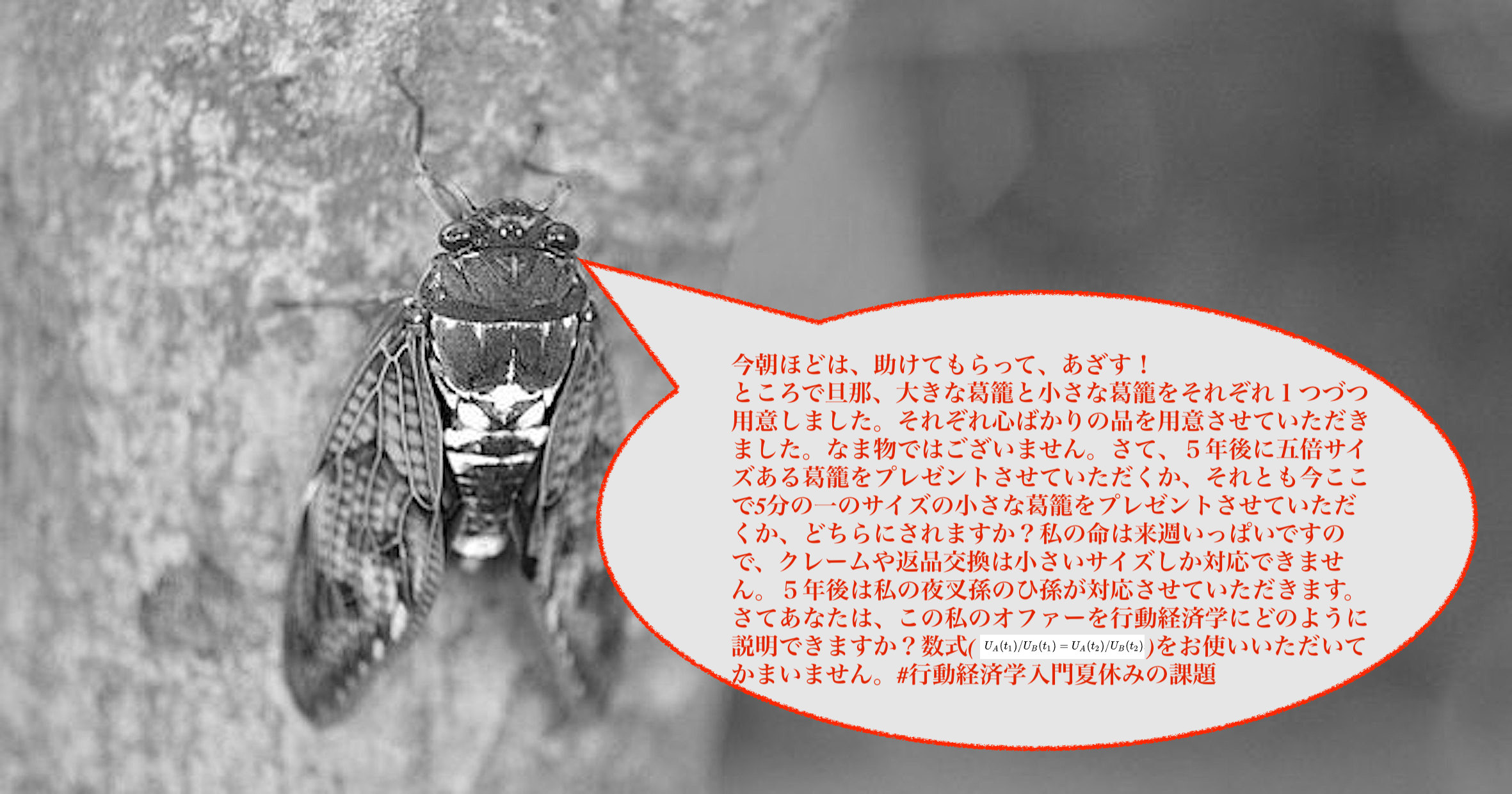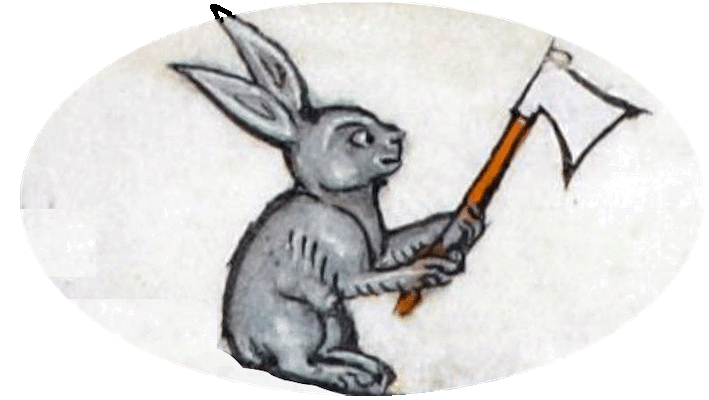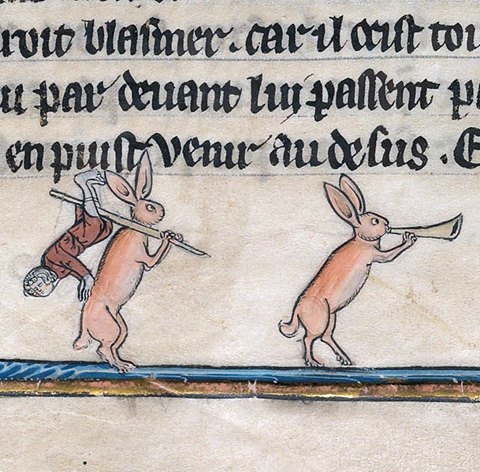
蝉の恩返し
(行動経済学が考える時間非調整の考え方)
解説:池田光穂
《行動経済学入門——夏休みの課題》
今朝ほどは、助けてもらって、あざす! ところで旦那、大きな葛籠と小さな葛籠をそれぞれ1つづつ用意しました。それぞれ心ばかりの品を用意さ せていただきました。なま物ではございません。さて、5年後に五倍サイズある葛籠をプレゼントさせていただくか、それとも今ここで5分の一のサイズの小さ な葛籠をプレゼントさせていただくか、どちらにされますか?私の命は来週いっぱいですので、クレームや返品交換は小さいサイズしか対応できません。5年後 は私の夜叉孫のひ孫が対応させていただきます。さてあなたは、この私のオファーを行動経済学的にどのように説明できますか?数式(略 )をお使いいただいてかまいません。#行動経済学 入門夏休みの課題
【解説とヒント】
"In economics, dynamic inconsistency or time inconsistency is a situation in which a decision-maker's preferences change over time in such a way that a preference can become inconsistent at another point in time. This can be thought of as there being many different "selves" within decision makers, with each "self" representing the decision-maker at a different point in time; the inconsistency occurs when not all preferences are aligned...../ In the context of behavioral economics, time inconsistency is related to how each different self of a decision-maker may have different preferences over current and future choices./ Consider, for example, the following question:(a) Which do you prefer, to be given 500 dollars today or 505 dollars tomorrow? (b) Which do you prefer, to be given 500 dollars 365 days from now or 505 dollars 366 days from now?; When this question is asked, to be time-consistent, one must make the same choice for (b) as for (a). According to George Loewenstein and Drazen Prelec, however, people are not always consistent.[1] People tend to choose "500 dollars today" and "505 dollars 366 days later", which is different from the time-consistent answer."- dynamic inconsistency.
通常の経済モデルだと、効用は時間に沿って指数関数的に低減するが、それはρ(ロー)という「ディスカウントの因子」に影響される。明後日に 1100円もらうこと、明日に1000円もらうこと、今日に950円もらうことは同じ効用がある。「いつもニコニコ現金払い」ということを表現すると次の ような等式がなりたつ。

すなわち現時点(t = 0)での効用はU(0) とすると、t 時間後の効用は上の式であらわしていることになる。
もし、ρ(ロー)という「ディスカウントの因子」がどんな商品でも一定だとすると、どの時点でも商品Aの価値と商品Bの価値の比率には変化がな いことになる。ある時間におけるAの効用とBの効用の比率は、べつの時間における効用の比率と等価になるはずだ。

し かしながら、ある同じ商品の時間効用の比率は、その商品をどの時点でほしいのかという影響をうける。例えば、割高になっても今日どうしても欲しいのか、あ るいは来週に正札価格で手に入れたもいいと考える要素を加味する必要があるということだ。つまり、異なった時間における効用の比率は、その商品がもつ固有 の選好性(choice, c)の影響をうける。

という等式がなりたつということだ。
リンク
文献

Copyleft, CC, Mitzub'ixi Quq Chi'j, 1996-2099

Rabbit the Hunter,
or the hunter becomes
the hunted
Le livre de Lancelot du Lac & other Arthurian Romances, Northern
France ca. 1275-1300 (Beinecke Rare Book & Manuscript Library, MS
229, fol. 94v)